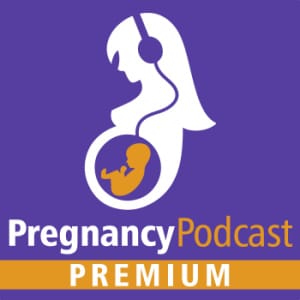Overview
We all deal with some level of stress daily. Pregnancy can be a time of additional stress as you are experiencing many physical changes and preparing for birth and a new baby. In a sense, everything you expose yourself to during pregnancy also can affect your baby, and stress is not an exception.
Stress during pregnancy can affect your baby in many ways. Physiological changes can impact your developing baby. Stress that puts you at a higher risk for some complications can affect the health and development of your baby. How you and your baby are affected by stress, both in the short and long term, is a function of your stress response and your ability to turn it off. The good news is that understanding your stress response and learning about evidence-based tools to manage stress will minimize your and your baby’s adverse effects and positively impact your mental health.

